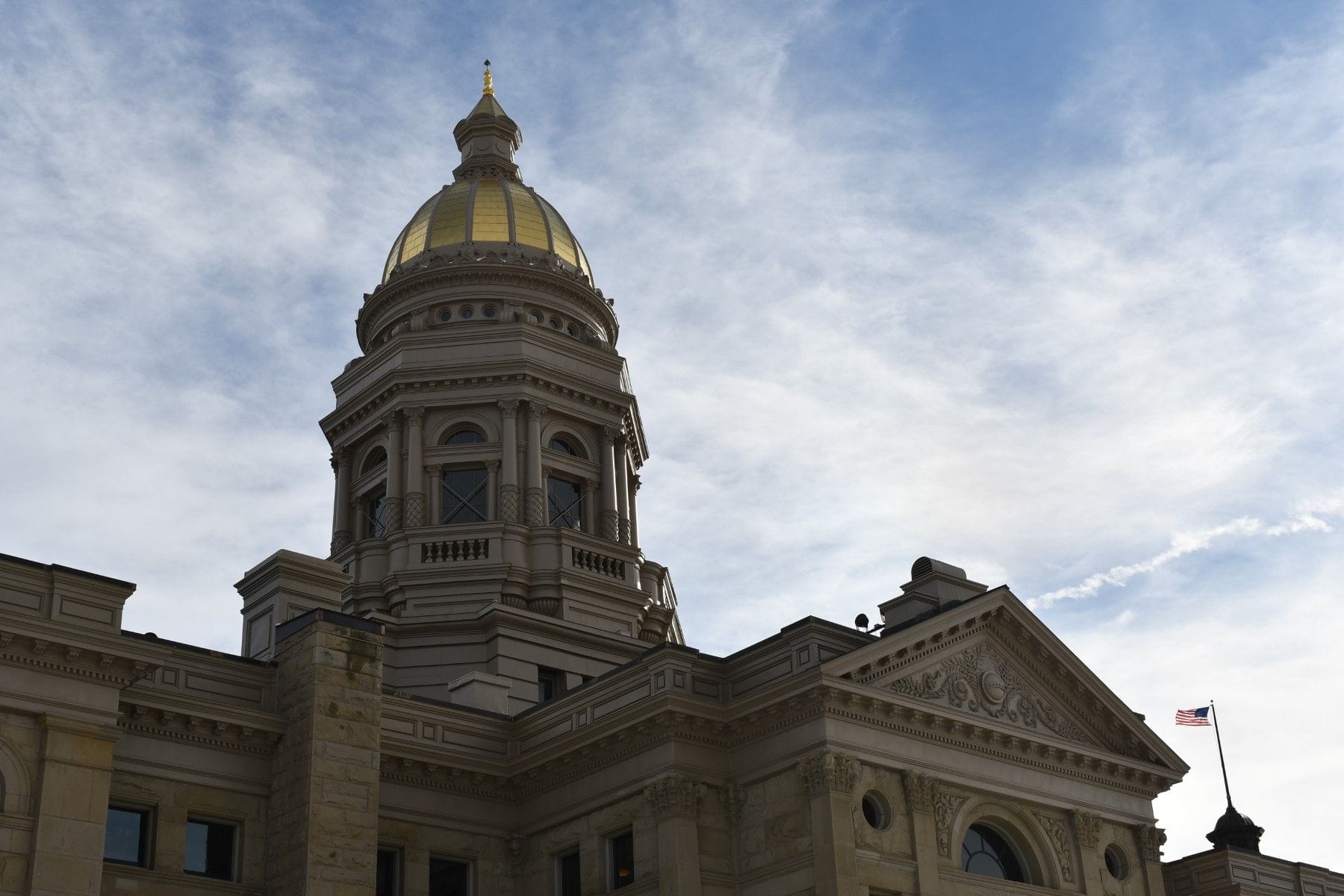Expert Witness Compensation Rules in Wyoming
Wyoming's expert witness compensation is governed by statutes and rules ensuring fair pay and transparency, with distinctions between retained experts and treating physicians.
Updated on
In this article
What Are the Rules Governing Expert Witness Compensation in Wyoming?
In Wyoming, the compensation of expert witnesses is governed by a combination of state statutes, rules of civil procedure, and ethical guidelines. These legal frameworks are designed to ensure that expert witnesses are fairly compensated for their services while maintaining impartiality in judicial proceedings. The state recognizes the necessity of expert testimony in complex cases and provides structured guidelines to manage compensation issues.
Understanding Wyoming Statute §1-12-102: Payment Guidelines for Expert Witnesses
Wyoming Statute §1-12-102 is the primary legal provision governing the payment of expert witnesses in the state. The statute stipulates that expert witnesses are entitled to reasonable compensation for their time and expertise. Unlike lay witnesses, whose fees are generally fixed, expert witnesses can negotiate their fees based on the complexity of the case, their level of expertise, and the time required to prepare and testify.
This statute underscores the principle that expert witness compensation should reflect the value of the expert's contribution to the case. It is crucial for attorneys to negotiate these fees beforehand and ensure they align with the statute's guidelines. A failure to adhere to these statutory requirements can result in disputes or even dismissal of expert testimony.
Fee Provisions in Wyoming Rules of Civil Procedure
The Wyoming Rules of Civil Procedure further delineate the procedural aspects of compensating expert witnesses. Rule 26(b)(4)(E) specifically addresses the payment of fees for expert depositions and trial appearances. This rule mandates that the party seeking discovery from an expert must pay the expert a reasonable fee for time spent in responding to discovery.
Key aspects to consider under these rules include:
- Reasonableness of Fees: The rules emphasize that fees must be reasonable, taking into account the expert's qualifications and the nature of the testimony.
- Pre-Trial Disclosure: Parties must disclose expert witness compensation arrangements during pre-trial proceedings to ensure transparency and avoid conflicts of interest.
- Cost Allocation: The rules allow courts to allocate costs between parties, especially in situations where the expert's testimony is critical and substantially benefits one party.
Distinction Between Retained Experts and Treating Physicians in Wyoming
Wyoming law makes a clear distinction between retained experts and treating physicians when it comes to compensation. Retained experts are those specifically hired to provide expert testimony, while treating physicians are witnesses who testify about their treatment of a patient.
- Retained Experts: These experts are subject to fee negotiation and are typically compensated for their time spent preparing reports, attending depositions, and testifying in court. Their fees are often higher due to the specialized nature of their testimony.
- Treating Physicians: While these professionals may testify about their observations and treatment, they are generally compensated at their regular professional rates. Wyoming courts have recognized that treating physicians are not retained solely for litigation purposes and thus should not be subject to the same fee structures as retained experts.
Practical Tips for Structuring Expert Witness Fee Agreements in Wyoming
When engaging an expert witness in Wyoming, it is essential for attorneys to structure fee agreements carefully to ensure compliance with state laws and to foster a clear understanding between parties. Here are some practical tips to consider:
- Prior Negotiation: Discuss and negotiate fees upfront, ensuring they align with Wyoming Statute §1-12-102. This helps avoid disputes later in the process.
- Detailed Fee Structure: Clearly outline the fee structure in the agreement, including hourly rates for preparation, depositions, and court appearances, to ensure transparency.
- Scope of Work: Define the scope of the expert's responsibilities, including report preparation, consultations, and testimony, to avoid misunderstandings regarding compensation.
- Payment Schedule: Establish a payment schedule that outlines when fees will be paid (e.g., retainer, upon completion of services, or at specific milestones) to ensure timely compensation.
- Expense Reimbursement: Include provisions for reimbursement of reasonable expenses incurred by the expert while providing their services, such as travel costs and materials needed for preparation.
- Pre-Trial Disclosure: Ensure that the fee agreement and any related compensation details are disclosed during pre-trial proceedings to comply with Wyoming Rules of Civil Procedure.
- Periodic Reviews: Consider periodic reviews of the fee agreement as the case progresses, allowing for adjustments based on changes in the complexity or scope of the expert's involvement.
By following these tips, attorneys can create effective fee agreements that respect both the legal framework governing expert witness compensation in Wyoming and the professional expectations of the experts involved.


